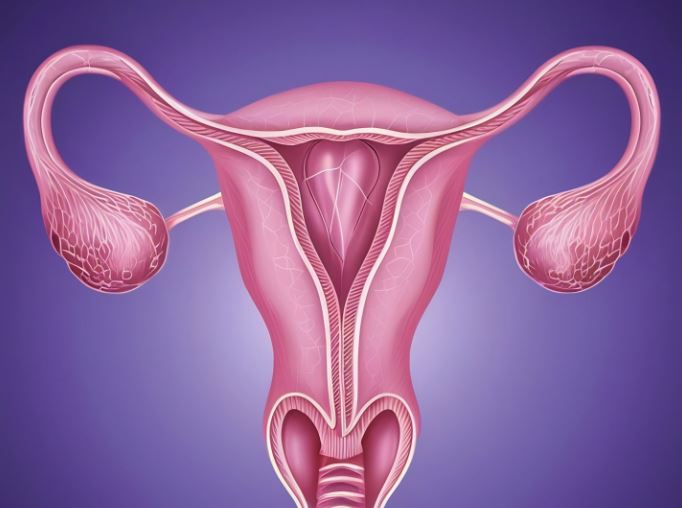Menopause Care Sutherland Shire
What is happening to my body during perimenopause and menopause?

Dr Alison Vickers, a Sydney GP with a special interest in the care of women during perimenopause and menopause, explains
The short answer
During premenopause, an egg develops in the ovary every 28 days or so. This developing egg makes the hormone estrogen. Estrogen and other hormones cause us to have a period each month.
During perimenopause, eggs are no longer produced regularly. They are generally produced less and less; periods become irregular and often further apart, and estrogen hormone levels are up and down, causing symptoms like hot flushes, mood changes and difficulty sleeping. Low estrogen causes vaginal dryness.
Menopause is the very last time the ovary produces an egg and is the last period. After menopause, no eggs are produced, and estrogen levels remain very low. The body slowly gets used to the low levels, and some symptoms may be better, but vaginal dryness may be worse.
The long answer
Understanding what is happening to your body during perimenopause and menopause helps you manage it. This process happens to every woman during this time of life. While we understand a lot about what is happening, there are still parts of it that we don’t understand.
Do the ovaries run out of eggs at the menopause?
Women are born with hundreds of thousands of eggs in their ovaries, but the number of eggs steadily decreases with time. By perimenopause, only a few thousand remain; by menopause, the few that may be left are no longer active. We are not sure what controls this process.
How do the ovaries produce hormones?
When an egg develops each month or so, it produces the hormone estrogen. Estrogen is vital for growing the lining of the womb in preparation for pregnancy. After the egg is released, the ovary produces the hormone progesterone, which also prepares the lining of the womb for pregnancy. When there is no pregnancy, the hormone levels drop, and you have a period. Estrogen has lots of positive effects on the body and the brain. It keeps bones strong and nourishes the walls of the vulva and vagina, preventing vaginal dryness.
What causes the symptoms at the perimenopause and menopause?
During perimenopause, eggs do not develop regularly. They may develop more often at times but generally develop less and less often. This causes periods to be more irregular and for periods to be missed. Producing eggs erratically also means that the estrogen hormone levels are all over the place, and the body can be very sensitive to these changing levels. Levels can be higher, causing breast tenderness, but are generally lower, causing symptoms like hot flushes, night sweats, joint pains and brain fog.
At menopause, the last egg is produced, so there are no more periods from this time, and the estrogen levels remain low. The body usually starts to get used to the lower estrogen levels, and symptoms like hot flushes settle down. However, the low estrogen levels continue to affect the bones and the vagina and vulva, which is why women’s bones can become weaker after menopause, and the walls of the vagina and vulva causing vaginal dryness, and sex can start to hurt.
How does Menopause Hormone Therapy(MHT) work?
Menopause Hormone Therapy(MHT) is very simple: giving women estrogen as a tablet, gel or patch so they don’t feel the symptoms of low or changing estrogen levels. If women with a womb take only estrogen, there is a small increased risk of cancer of the lining of the womb. These women take another hormone progesterone, which protects the lining of the womb, and there is then no increased risk of cancer of the womb.

